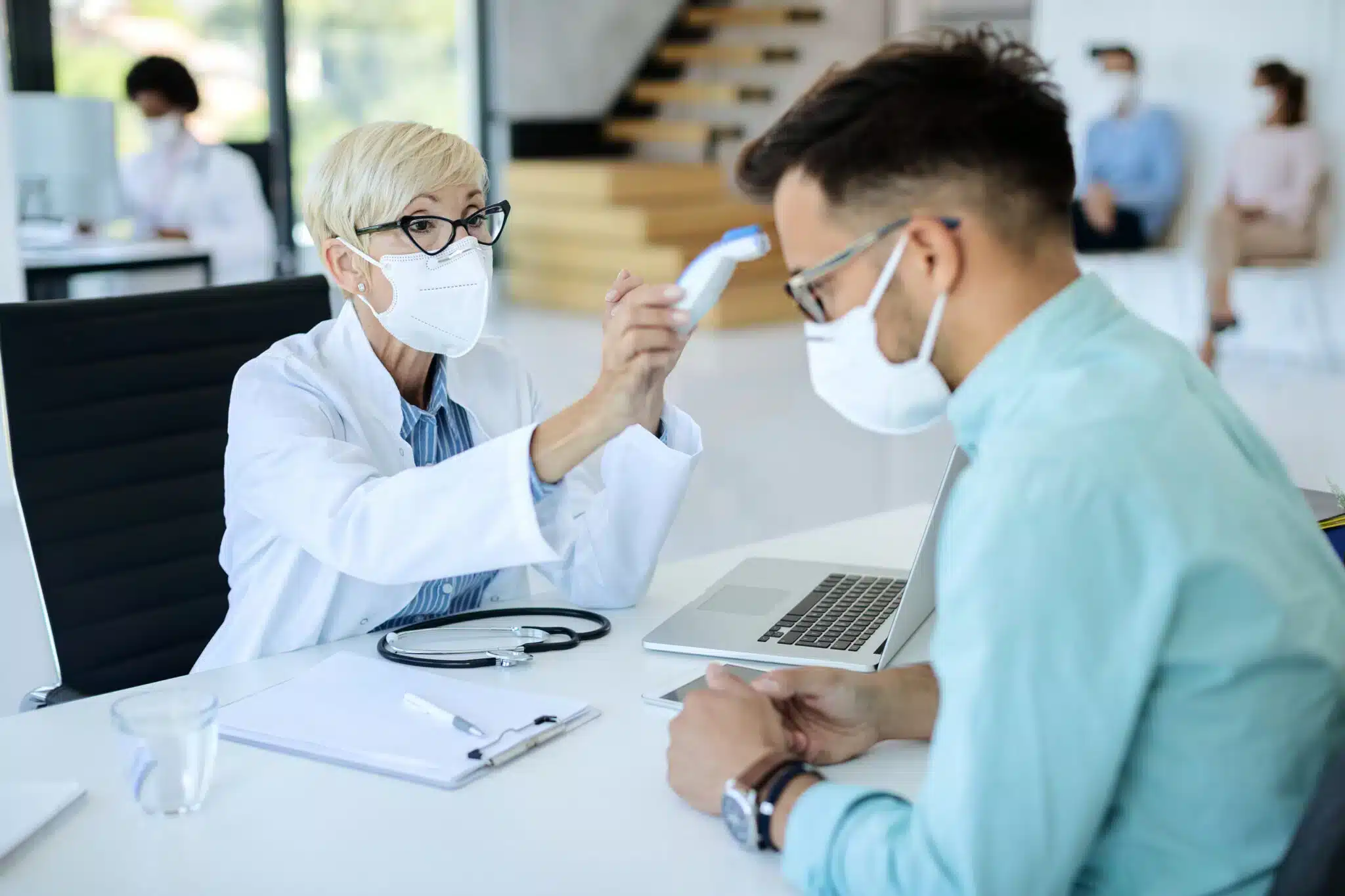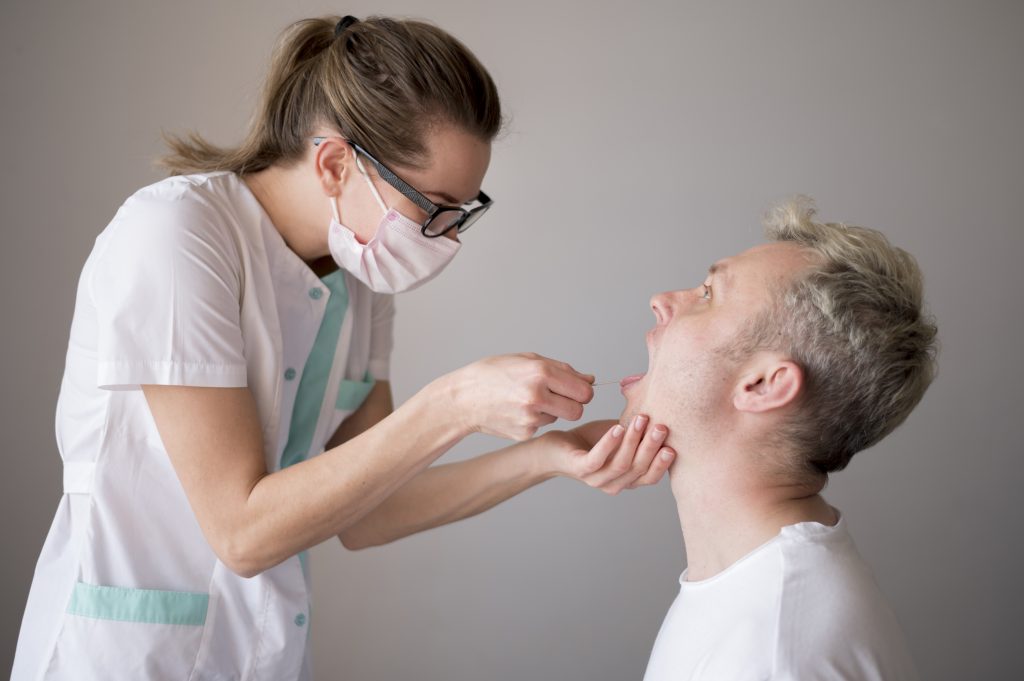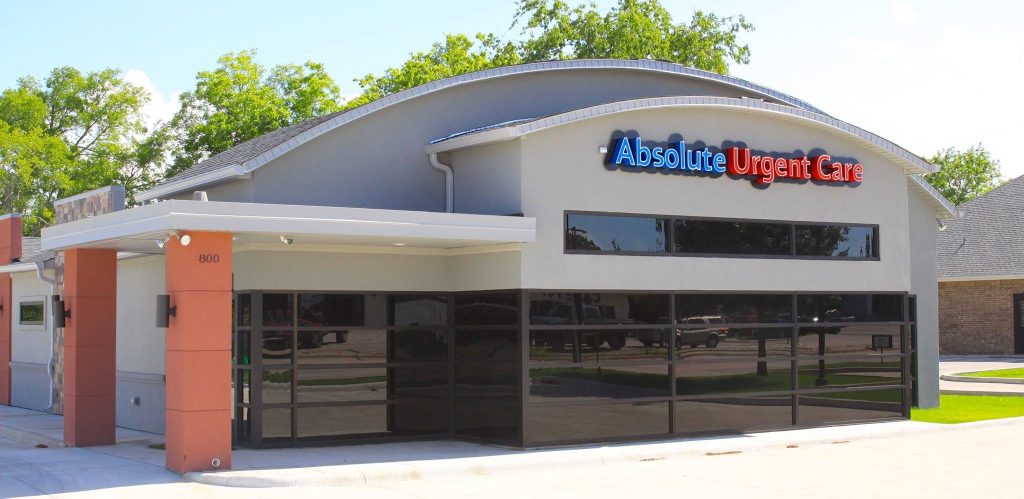Table of Contents
ToggleDealing with Allergies with the Changing of the Seasons
Seasonal changes bring about discomfort to millions of people in the UK in the form of aeroallergens such as pollen, mould, and dust. These aeroallergens have the potential to trigger the sinus cavities and lead to itchy eyes and a runny and blocked nose. These allergies also interfere with the daily lives of individuals and in some cases worsen if not treated. Keeping in mind the constant headache that these allergies bring, it is essential to learn how to manage them. This article focuses on combating seasonal allergies along with the advice of Urgent Care professionals in the Northern Suburbs on this matter.
What Causes Seasonal Allergies?
Seasonal allergies are also termed allergic rhinitis or hay fever, which occurs when a person’s immune system becomes hyper-sensitive to allergens in the environment. Some of the most frequent triggers are the following:
- Pollen: This is produced by various plants such as grass, trees, and weeds, particularly during the time of their growth.
- Mould: This can be found in decaying areas and damp places. Mould spores usually move through the air in the summer months.
- Dust: Due to enclosed spaces in the autumn and winter, dust and dust mites are commonly elevated and present during those months.
- Pet Dander: Cold weather causes indoor pet dander to increase and aggravates allergies.
Identifying the Symptoms of Seasonal Allergies
Seasonal allergies can appear in different ways; however, the most common are:
– Frequent Sneezing
– Blocked Nose
– Runny Nose
– Itchy or watery eyes
– Irritated throat
– Coughing
– A feeling of tiredness
If these symptoms appear during certain seasons and do not disappear, then they are most likely indications of seasonal allergies rather than flu or a cold.
How to Handle Seasonal Allergies Effectively
Understanding what causes your allergies, including past exposures, and avoiding those triggers is key when dealing with allergies. A few strategies include the following:
Determine What Areas Trigger Your Allergies:
Consider undergoing allergy tests that can help you identify what you are allergic to. This knowledge will assist you in developing avoidance strategies.
Avoid Staying Outdoors When Allergen Levels Are High:
Do not stay outside early in the morning and late in the afternoon, as these are times when the pollen count is the highest.
You can also check the pollen forecasts in your area before scheduling outdoor activities.
Ensure The Indoor Air Is Filtered:
You can obtain HEPA filters for your home.
- Make sure to regularly use a vacuum and dusting devices to clean any allergens present within your premises.
- Always close the windows during times when allergic reactions could become unpleasant.
Always Try To Stay Clean:
- Wash and change your clothes after going outside; this helps remove any pollen that may have stuck to your hair and skin.
- Change and wash your bedding every few days using hot water; this will help limit your exposure to dust mites and allergens.
Use Over-the-Counter (OTC) Remedies
Allergy symptoms can be alleviated with the help of antihistamines, decongestants, and nasal sprays
- Explore Prescription Medications: A healthcare provider can evaluate the reasons why over-the-counter options are not working for you and can provide you with prescription corticosteroids or leukotriene modifiers if necessary.
- Consider Allergy Shots (Immunotherapy): For those with severe allergies, immunotherapy can help develop tolerance by reducing the body’s reaction to the allergens over time.
- Natural Remedies for Allergy Relief People suffering from allergies in some cases may want to use natural remedies.
These Can Always be used Alongside Classical Treatment Methods:
- Saline Nasal Irrigation: A saline spray bottle along with a neti pot can relieve nasal congestion and remove allergens.
- Local Honey: It’s said that if people eat honey produced in the locality over time, it can decrease their body’s allergy to pollen.
- Herbal Supplements: Compounds like butterbur and quercetin are both natural and can potentially help reduce allergy symptoms. See a doctor before you start using supplements
- Essential Oils: Diffusing or rubbing oils containing peppermint or lavender can sometimes give relief. When to Visit an Urgent Care Centre for Allergies While there is not much need of medical assistance with seasonal allergies that can be treated at home, some cases do require attention.
Visit an Urgent Care Centre
You should visit an urgent care centre like Absolute Urgent Care if you have epigastric pain and Any extreme episode or new problem emerges that could not be alleviated by OTC medications.
- A sinus infection can show signs of, for example, pain in the face, fever and/or a thick discharge from the nose.
- Allergic reactions that disturb day-to-day activities, e.g., sleep or work.
- Absolute Urgent Care is ready to be on board in providing relevant and relieving treatment to allergy related cases.
Starting New Seasonal Allergies Treatment Right After Seasonal Ending
An ounce of prevention is better than a pound of cure. In order to lessen the adverse effects of allergy, do consider these steps:
- Start Medications Early:
Use allergy drugs two weeks before the start of allergy season.
- Reinforce Immune Health:
Proper nutrition, regular exercise, and sleep will help to improve the immune system in order to better cope with allergenic materials.
- Keep the Place Allergen Controlled:
Reduce the amount of clutter and keep your house neat in order to limit the amount of allergens in the house.
- Check for Weather Changes:
Be on the lookout for sudden weather changes that may enhance the levels of allergens in the air.
How Urgent Care Can Help with Allergies
Urgent care centres are an easy and useful solution to your allergy symptoms. At Absolute Urgent Care we focus on:
- Allergy Testing:
A full range of testing to pinpoint the cause of allergy.
- Symptom Relief:
Rapid treatment for the unbearable, or bothersome, symptoms.
- Prescription Management:
Strategies that work, solutions that are tailored to you.
- Expert Advice:
Lifestyle changes and other strategies that prevent the recurrence.
What Makes Absolute Urgent Care a Leader in Allergy Treatment?
At Absolute Urgent Care, we know the difficulties that can come with seasonal allergies. Our providers are understanding and seasoned and are willing to lend a hand so that patients can relieve themselves.
Dependable choice: Here is what we do best – Able to Reach: Walk-in services and late hours ensuring you are covered.
All Round Care: We do not leave any stone unturned during the entire allergy management process, from diagnosis to treatment.
Gale’s Approach: Your comfort and well-being is at the forefront of our care, and hence we design our care plans accordingly.
Seasonal change doesn’t have to be stressful when it comes to managing asthma; by knowing your triggers, taking precautions and getting timely help with the current problem, you can enjoy the seasons greatly with fewer issues. We at Absolute Urgent Care are here for you with professionals who can provide both advice and treatment.






















